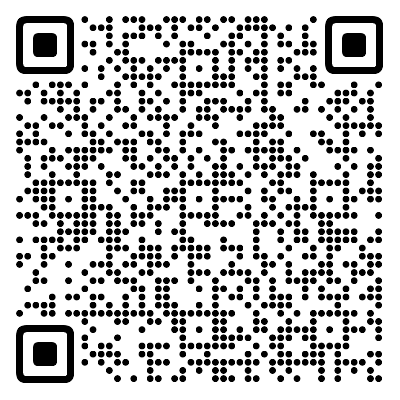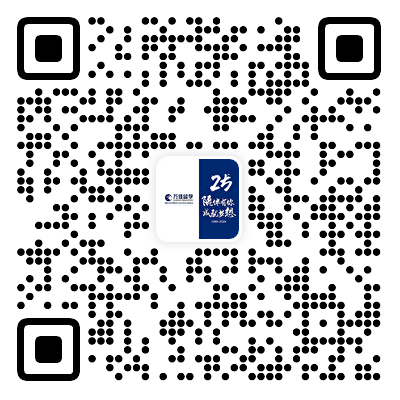Personal Statement
Program: Telecommunication Network Based on IP Technology
A decade ago when I was at middle school, my father introduced me to The Third Wave by the American futurologist Alvin Toffler. Toffler’s vision of the means of communication in the future human society aroused my strong interest in telecommunication and aroused my passion for surfing the waves of the third generation of scientific and technological revolution. With the rapid development of global telecommunication industry over the past decades, China has also experienced unprecedented growth in its own telecommunication industry. However, for its deficiencies in research and development, China’s telecommunication industry is largely characterized by technological importation and imitation. While international telecommunication giants have been upgrading their technology with impressive rapidity (TACS replaced by IS-CDMA, and IS-CDMA itself is replaced by WCDMA), Chinese scholars have failed to be part of this important process. As a telecommunication researcher, I have come to perceive my responsibility and my mission.
My studies and research have shown me that diversified development is to be the major trend of telecommunication. To transplant the INTERNET IP technology onto telecommunication network to realize high-speed transmission, multiple information network exchange, and multimedia business services has become the focus of the telecommunication industry. My research interests precisely lie in this field. The thesis of my Master’s program, entitled Time-Varying and Fast-Fading Channel Estimation and Equalization, is an analysis of the third generation of CDMA technology, concentrating on how high-quality communication can be realized on the fast-operating communication systems to satisfy man’s desire for clear speech communication anywhere at any time. My investigations showed that relevant literature on this topic was rather scanty, either in China or in the international academia. Therefore, my research was a pioneering one. I made use of the relevant TDMA algorithm and introduce some improvements into it so as to make it suitable for WCDMA. I deduced more than ten methods to realize relevant algorithms based on the concepts of simple algorithms. In performing my research, I exploited my profound understanding of the protocols, solid foundation in communication theories, and superb programming skills. In addition, I self-studied MATLAB and the use of the Work Station. In this way, I successfully realized and simulated 4 out of the 10 methods that I had deduced and completed the entire communication process, consisting of signal coding, frequency expansion, interference addition, wave filtering, transmission to the channel estimation equalization through the time-varying channel, and signal decoding. For more than three months, I worked for ten hours a day methodically according to a well-designed and detailedly-organized schedule. Finally, my thesis passed the oral defense with 4 A+’s and 1 A from five panel members.
The company I have been working for upon graduation is the sole telecommunication equipment manufacturer in China, which provides equipment for China Unicom’s CDMA base stations. Within the first month, by relying on my solid foundational knowledge and strong hands-on abilities that I developed through my education, I familiarized myself with IS-95 base station software system and basic hardware structure, and the real-time operating system for embedded microprocessors. Having mastered many programming skills, I worked independently in the project of upgrading IS-95 software package to make it capable of supporting CDMA 20001X.
My insider’s knowledge of Chinese telecommunication industry derived from work experience has highlighted to me some of the grave problems inherent in this fledgling industry. Research on the theoretical level lags seriously behind, and the industry as a whole relies mostly on technical literature written by Western scholars. Key technologies are controlled by major international companies. In the realm of CDMA with which I am particularly concerned, power control, cell handoff, and multiple users detection are among the major problems to be worked out. These are totally new fields. I believe I can use my overseas education to undertake some in-depth research into those important issues. My ultimate objective is to develop myself into a professional scholar in the field of China’s telecommunication based on IP technology.
During my undergraduate and graduate studies, I evolved effective learning strategies. I would preview each chapter and consult relevant technical materials to facilitate and deepen my understanding of what was being taught. Off class, I would promptly review to solidify what I had learned. I always believed I could do a better job than my classmates. Therefore I forced myself to read a wide range of technical literature in my specialty to lay a solid foundation and to broaden my knowledge horizon. My efforts paid off in tangible scholastic performance. My undergraduate GPA reached 3.67 and was awarded second-class scholarships for four consecutive years, graduating cum laude. In my Master’s program, my GPA was 3.82, ranking top 2nd in my grade and was awarded first-class scholarship.
To embark on a Ph.D. program at your esteemed university, I believe that my performance in undergraduate and graduate programs has qualified me academically. My proficiency in English, which I am always proud of, can allow me to read technical literature and academic journals in English with great ease. Many years’ lab skills will enable me to undertake research independently. All those factors will be immeasurably instrumental to the successful completion of my proposed degree program. I will treasure every opportunity to participate in research projects. Meanwhile, I will follow closely telecommunication development in the world as a whole and in China in particular. I will also study the different approaches taken by different countries in their telecommunication development so that my research findings can be of help to the relevant decision-makers in China when they formulate future plans.
I have prepared a tentative plan for completion your Ph.D. program. First, I will make continued efforts to increase my theoretical input to lay a solid foundation for advanced research. Next, I will endeavor to complete all my advanced coursework with very satisfactory results and become well-prepared for advanced experiments to command the latest research skills. Finally, I will concentrate on researching the subject of technical processing of telecommunication network based on IP technology which may permit me to keep abreast with the progress of global telecommunication technology.
In retrospection of my past academic pursuit, I realize that the most important wealth my university has endowed me was not the scores for the course work or the GPA ranking, but the People—knowledgeable professors, congenial classmates and efficient administrators. I hope that by undertaking my Ph.D. program at your esteemed university, I can not only learn new concepts and advanced technologies, but also meet exciting people—senior faculty and friendly classmates with whom I can interact and from whom I can draw great inspirations.
I maintain two firm beliefs. First, I believe that my prospective degree program at the University of # # # will become the most important part of my career development. Second, I believe in the saying that “what makes for genius is 2% natural talents plus 98% toils.”
精彩活動 海外院校 升學(xué)導(dǎo)師 成功案例 背景提升 國際游學(xué) 海外服務(wù)
留學(xué)國家: 美國 加拿大 英國 澳大利亞 新西蘭 亞洲國家 歐洲國家
院校推薦: 美國大學(xué)院校 英國大學(xué)院校 澳洲大學(xué)院校 加拿大大學(xué)院校 新西蘭大學(xué)院校

